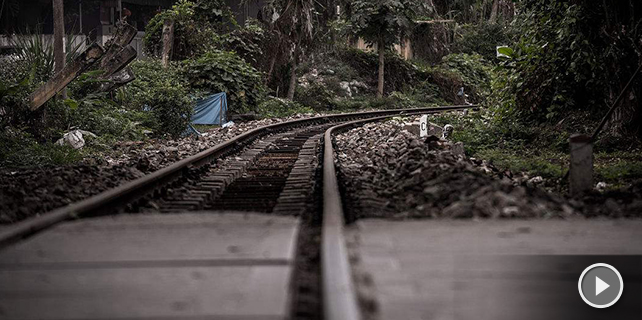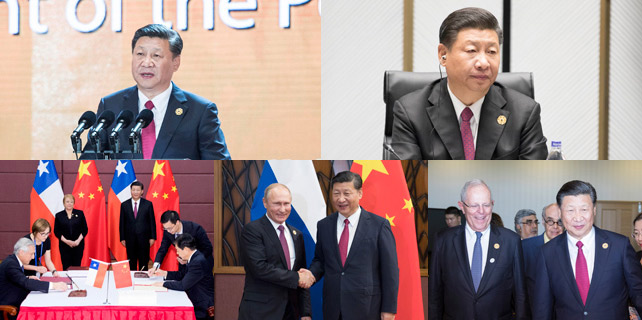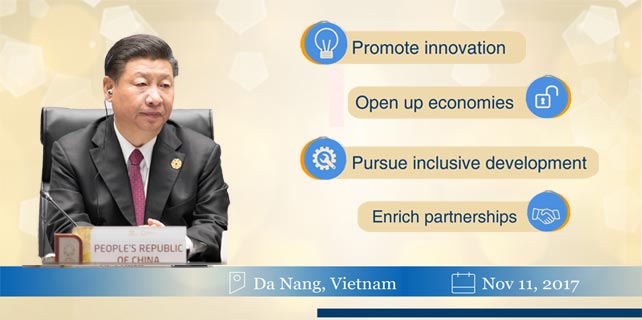New body to oversee key financial policies
China's newly launched cabinet-level committee, in charge of financial stability and reform planning, is expected to take responsibility for coordinating monetary, fiscal and industrial development policies, to better serve the real economy while avoiding conflicts.
The committee, led by the State Council with Vice-Premier Ma Kai as its head, will have a higher administrative level above the existing financial regulatory structure composed of the central bank and the banking, securities and insurance regulatory commissions, analysts said.
Inappropriate fiscal policy, such as the uncontrolled expansion of local government debt in order to pursue high GDP growth, should be cracked down by the committee as a rapid increase in local government borrowing may spark a systemic financial crisis, said Qiu Gaoqing, chief researcher with the Bank of Communications' financial research center.
In terms of industrial development policies, he said, the government should prevent blind over-investment in industries with a high-leveraging level and overcapacity, which also needs a high-level coordination scheme.
That means the financial regulatory institutions will work with the Ministry of Finance and the National Development and Reform Commission under the coordination scheme of the new committee, said analysts.
Dong Ximiao, a senior researcher at Chongyang Institute for Financial Studies at Renmin University of China, said that industry policy should be the core. Once the long-term and relatively stable industrial development goals are set, monetary and fiscal policies should follow that.
"To improve the efficiency of policy coordination, proper tools should be chosen to build a balanced policy structure," said Dong.
A report from Economic Information Daily, a newspaper under Xinhua News Agency, said that the Financial Stability and Development Committee will also play a role in coordinating regulations among the People's Bank of China, the China Banking Regulatory Commission, the China Securities Regulatory Commission and the China Insurance Regulatory Commission.
The central bank and the three regulatory commissions will make policies independently as before, but they should put these on the committee's records, said the article. "For cross-industry and cross-market regulatory policies, the committee will coordinate with those institutions to jointly make a draft."
Besides, the role and responsibility of the central bank needs to be further clarified, said analysts. Having the function as the committee's office, the PBOC will lead the committee's operations, including drafting significant plans of financial reform and development, analyzing the financial system's running condition, controlling financial risks, and assessing the committee's operations, said Qiu.
Zhou Xiaochuan, governor of the People's Bank of China, the nation's central bank, said at the Group of 30 International Banking Seminar in Washington DC last month, the Financial Stability and Development Committee will focus on regulations of four areas: shadow banking, asset management sector, internet finance or fintech, and financial holding companies.
"We will further deepen reform, gradually push forward the deleveraging process, and strengthen regulatory coordination to promote healthy development of the financial markets and maintain financial stability," said Zhou.









